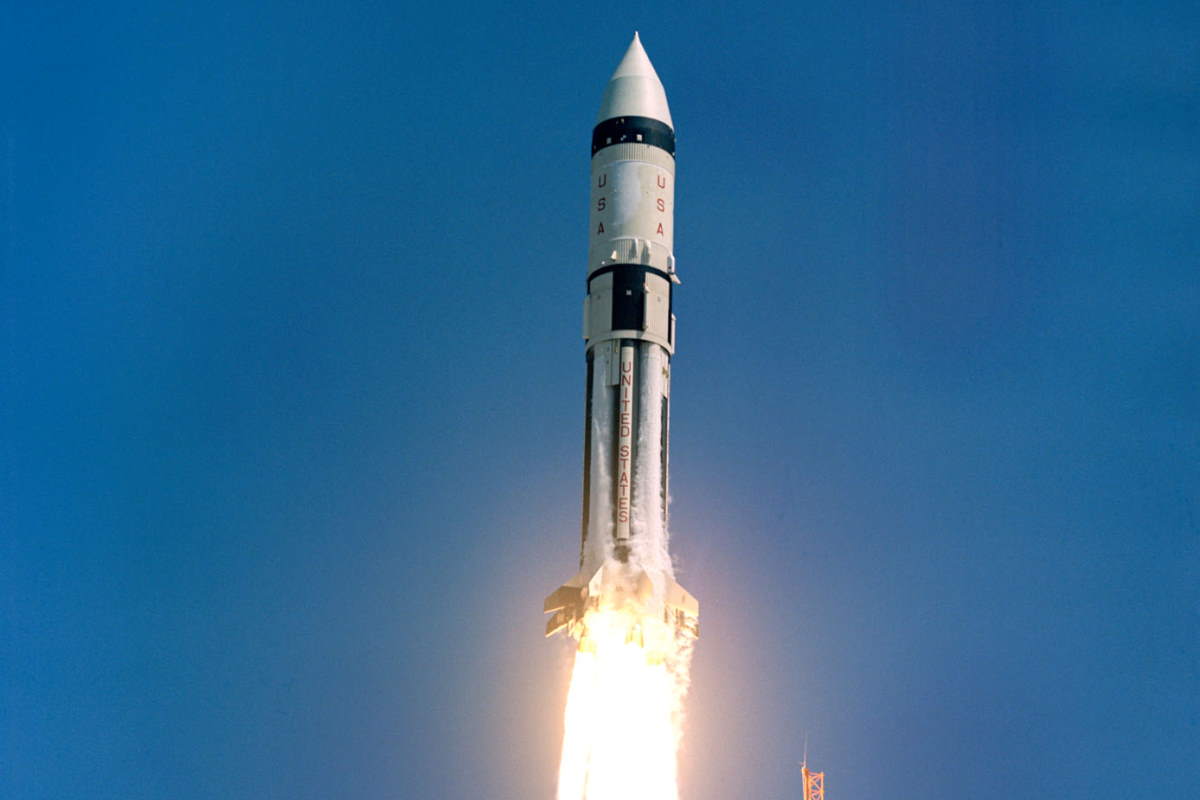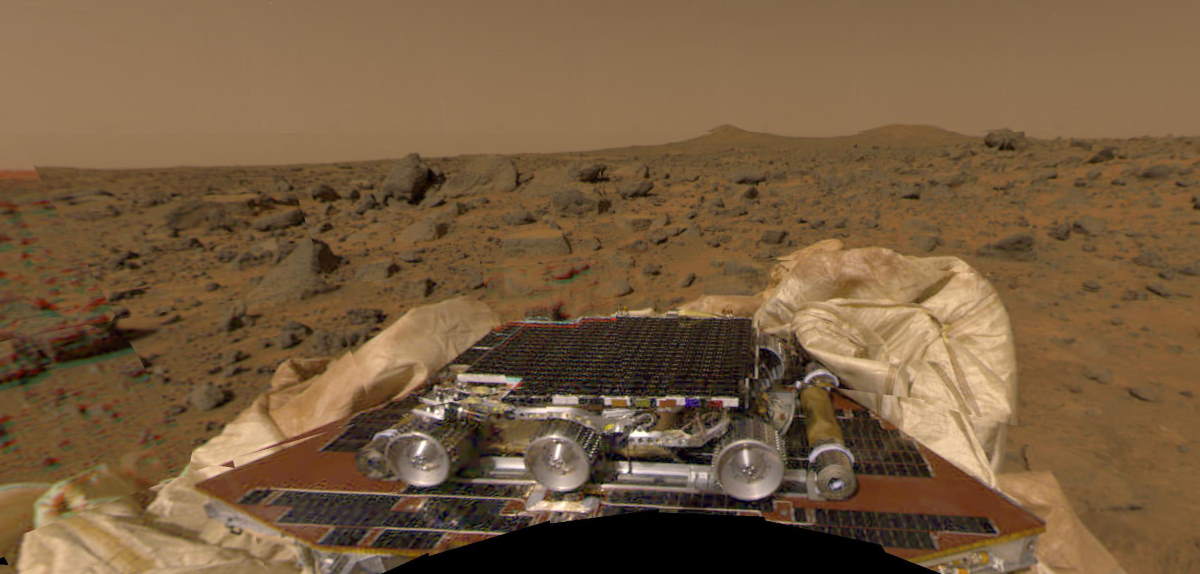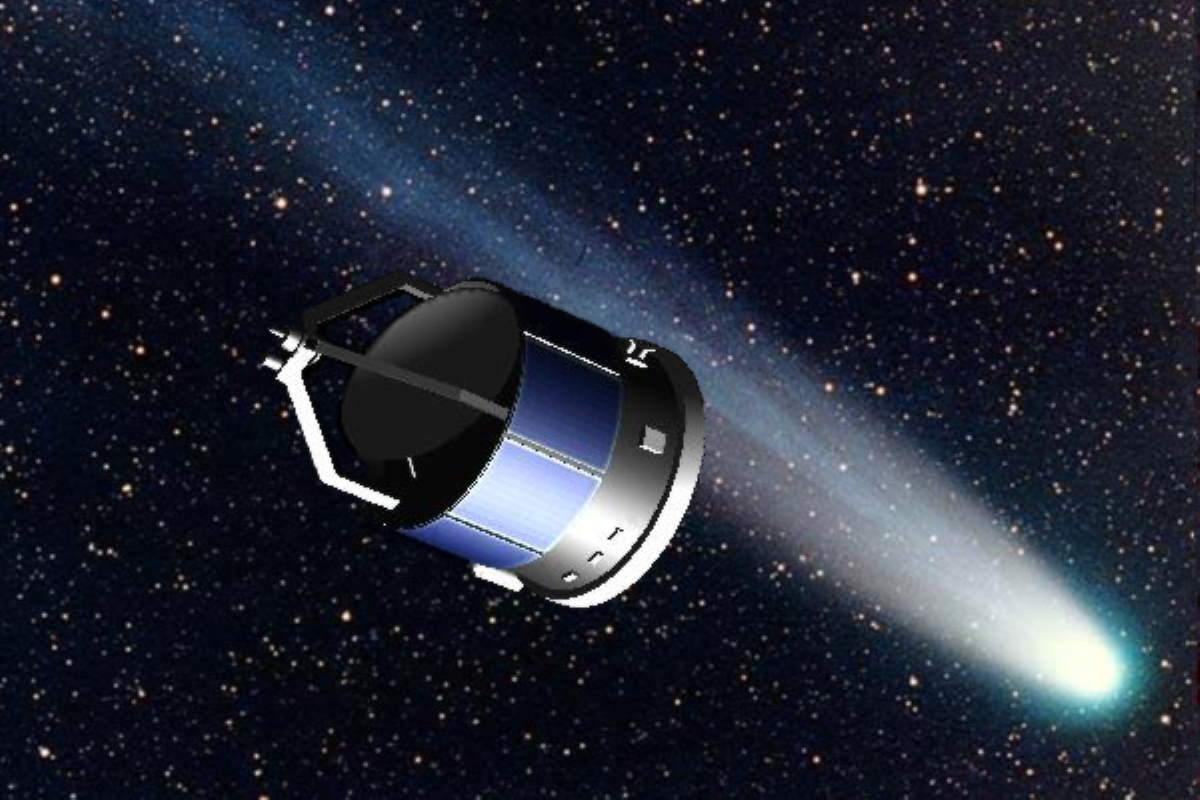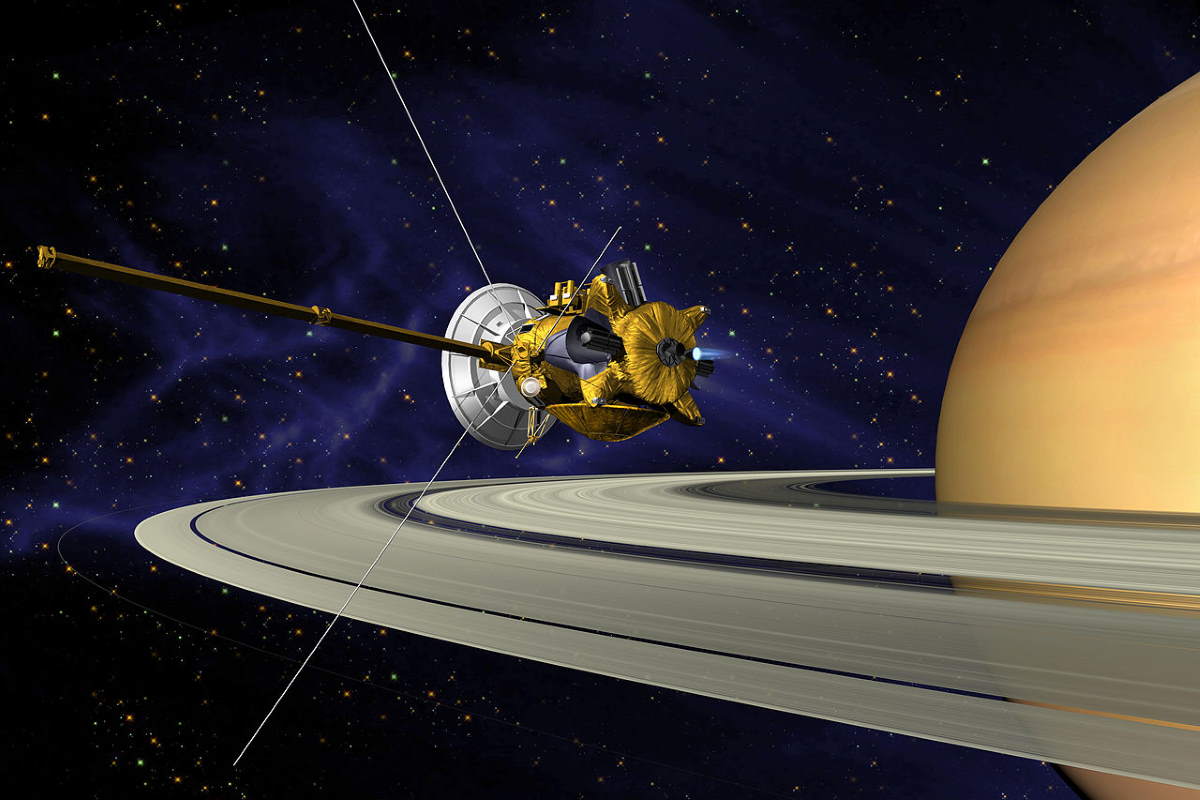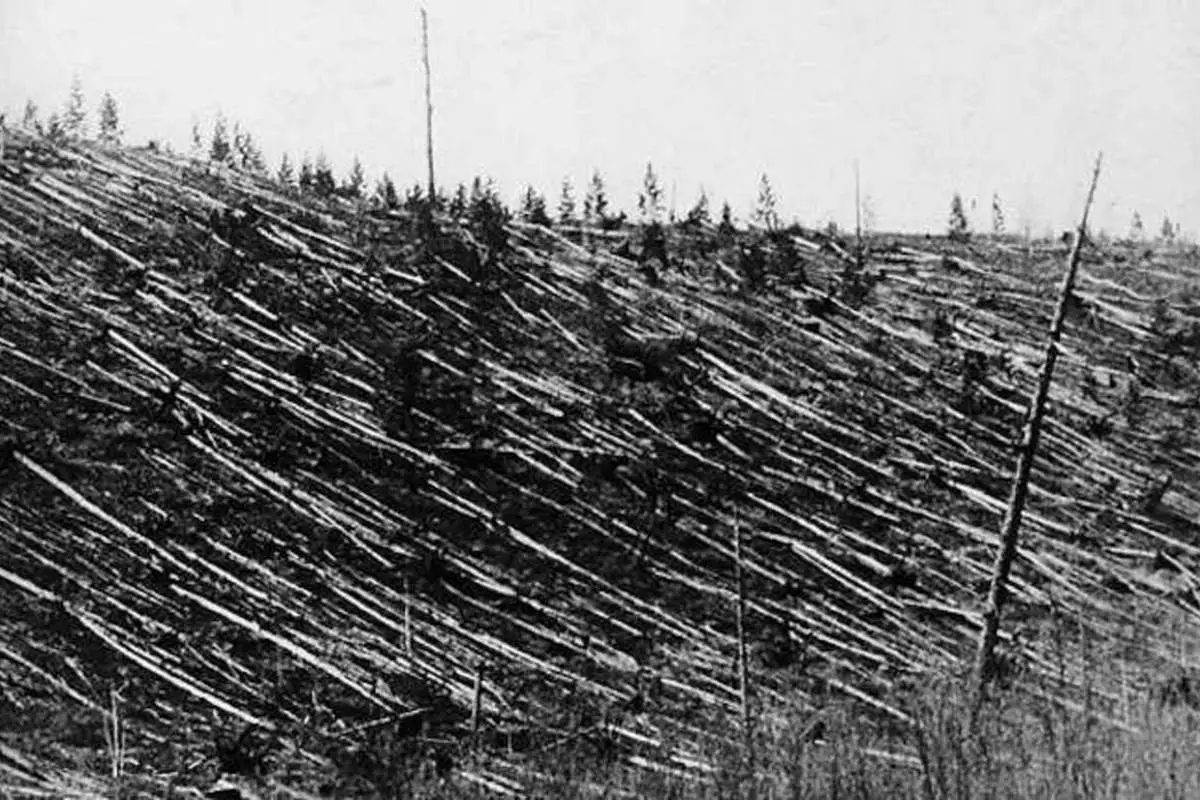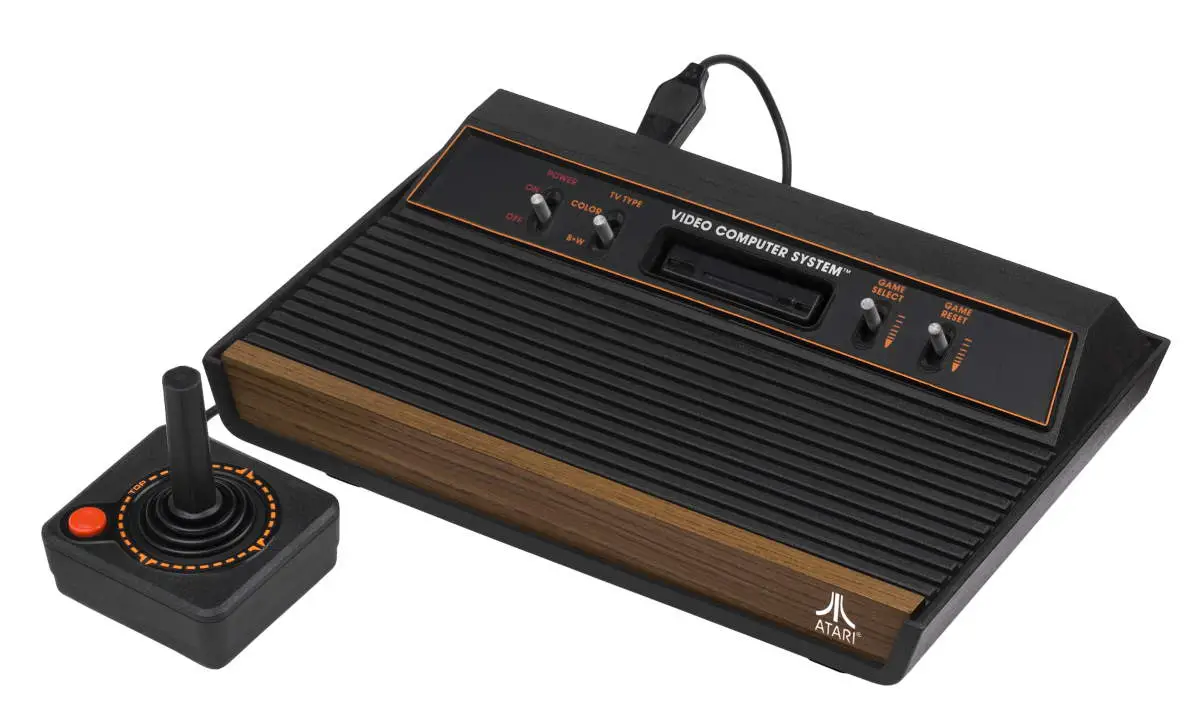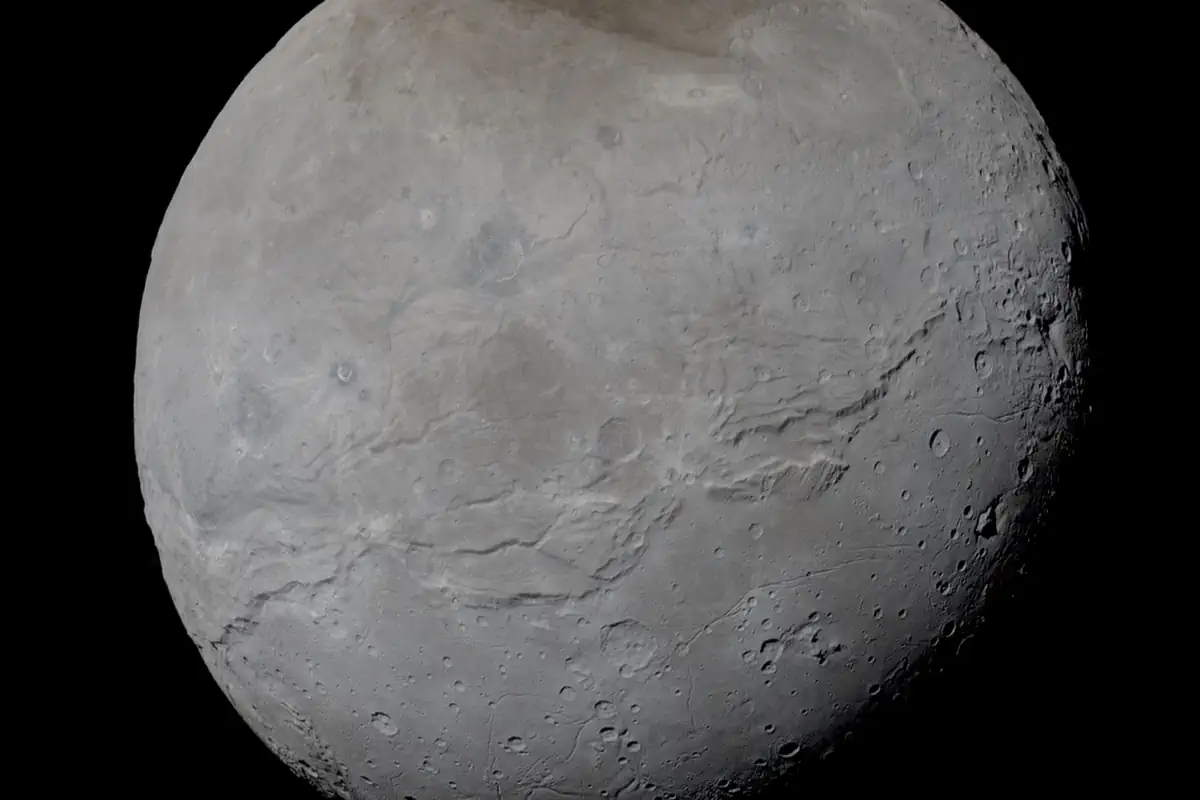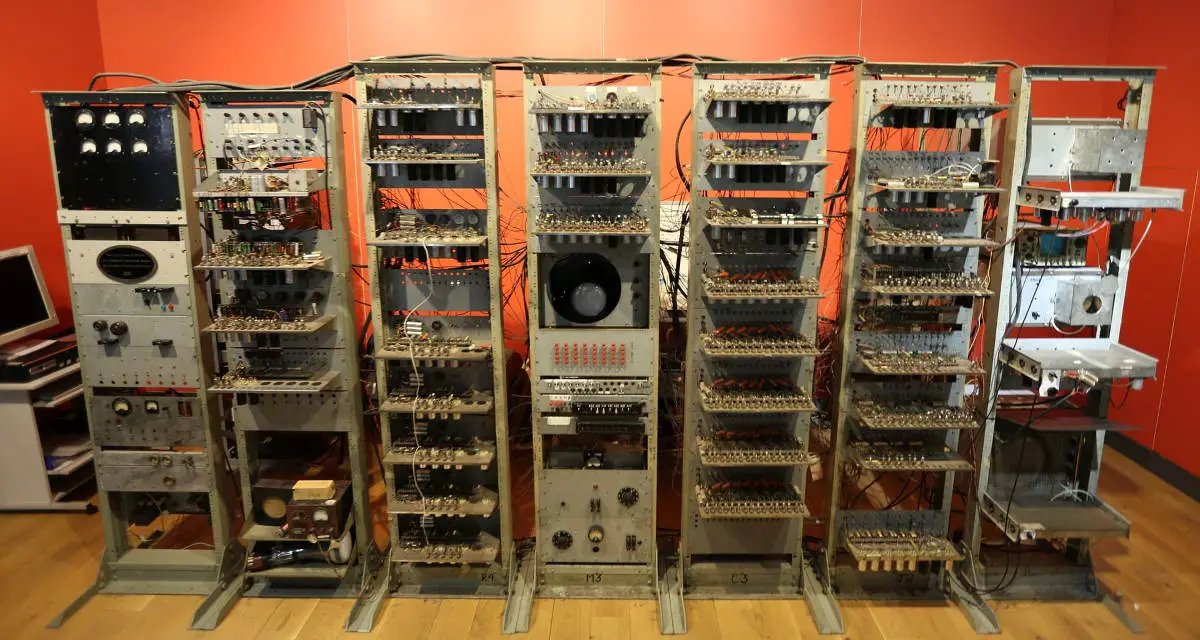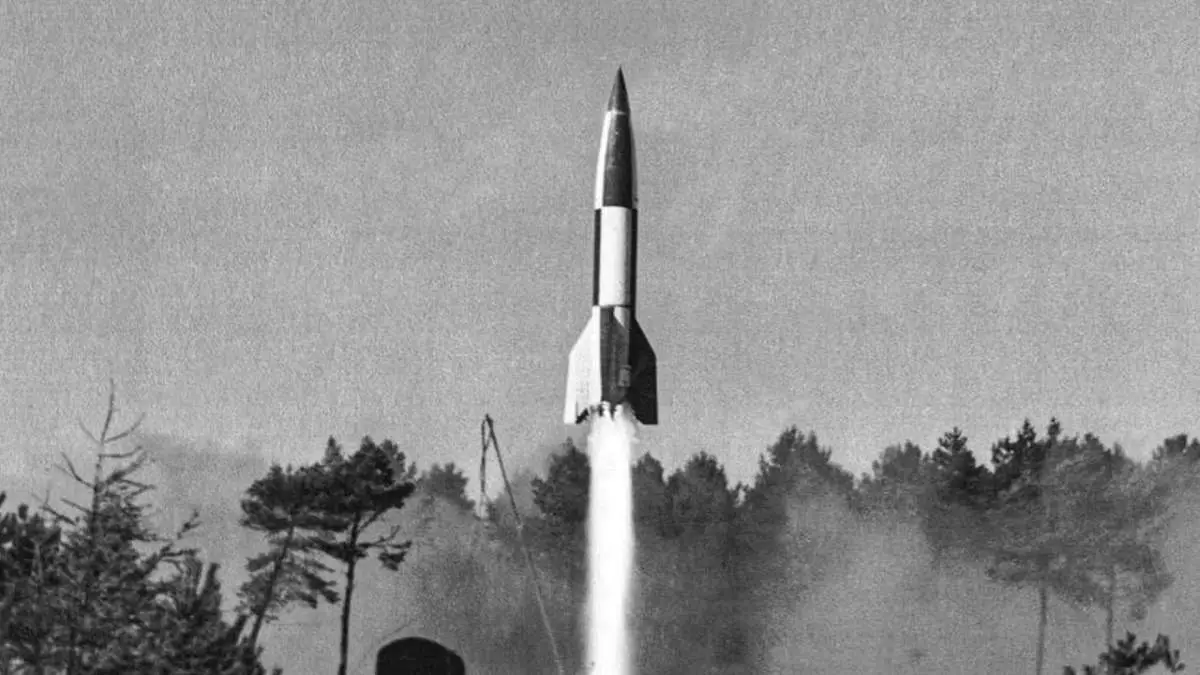On July 5, 1966, the first Apollo orbital mission, AS-203 was launched from NASA’s Kennedy Space Center, Florida. It was an uncrewed flight of the vehicle’s second stage, the S-IVB stage (it was the 3rd stage of Saturn V, which carried humans to the Moon), to test it under orbital conditions and to obtain flight information on venting and chill-down systems, fluid dynamics, and heat transfer of propellant tanks, attitude and thermal control system, launch vehicle guidance, and checkout in orbit.
During the fourth orbit, internal pressures built up in the S-IVB stage while a pressure differential test was being performed. The pressures built up well in excess of design values and the stage fragmented. Despite that, all mission objectives were achieved.
